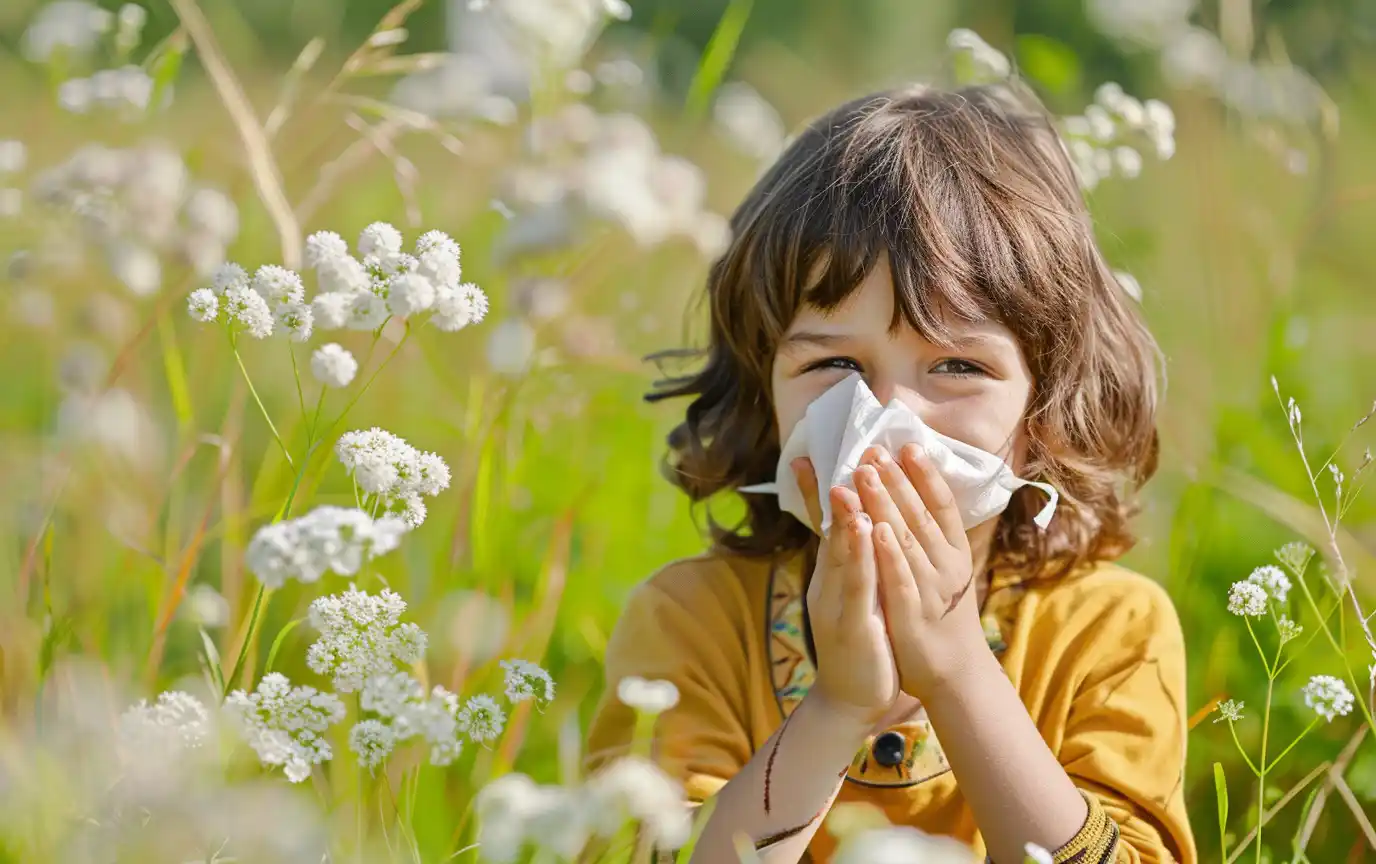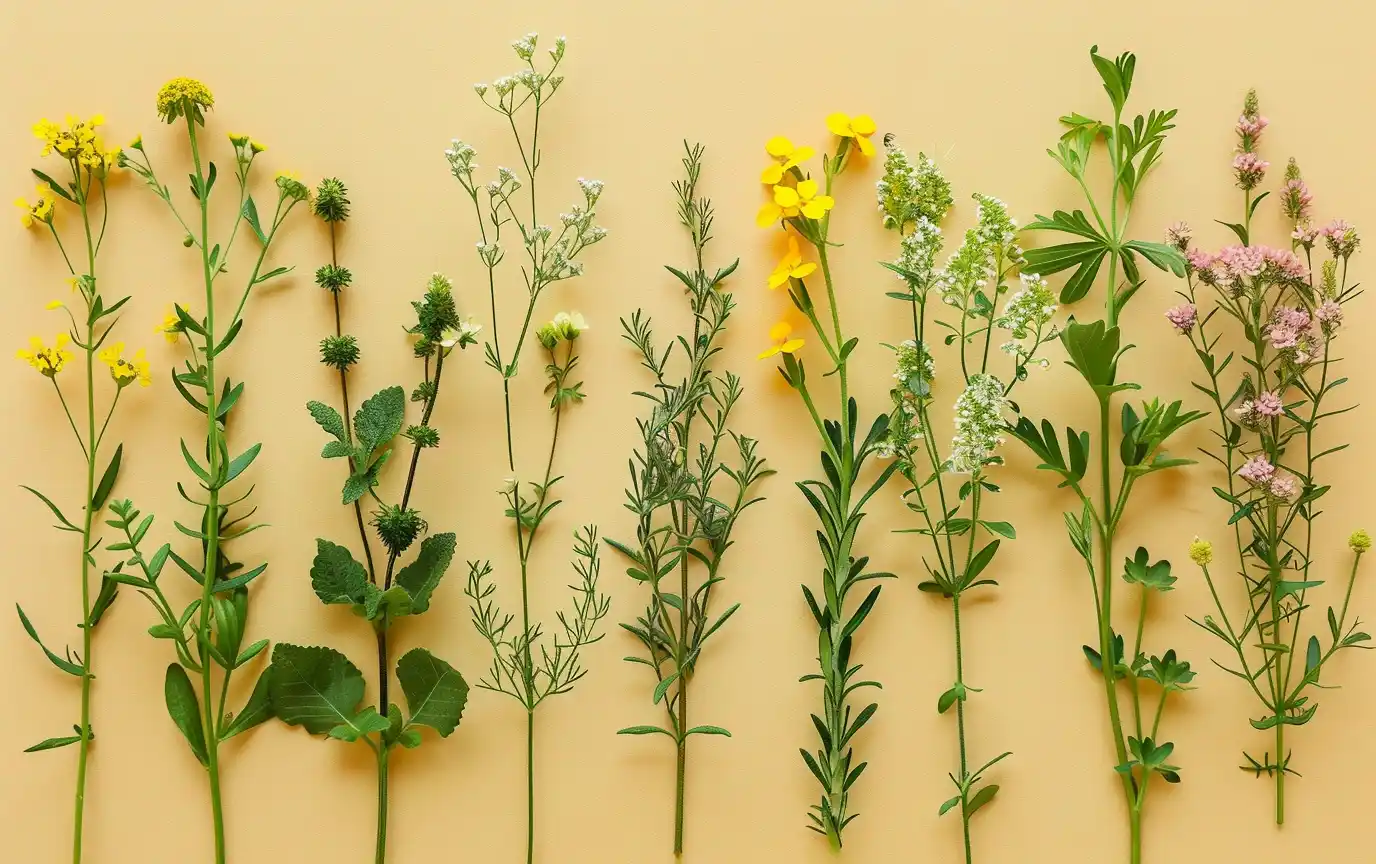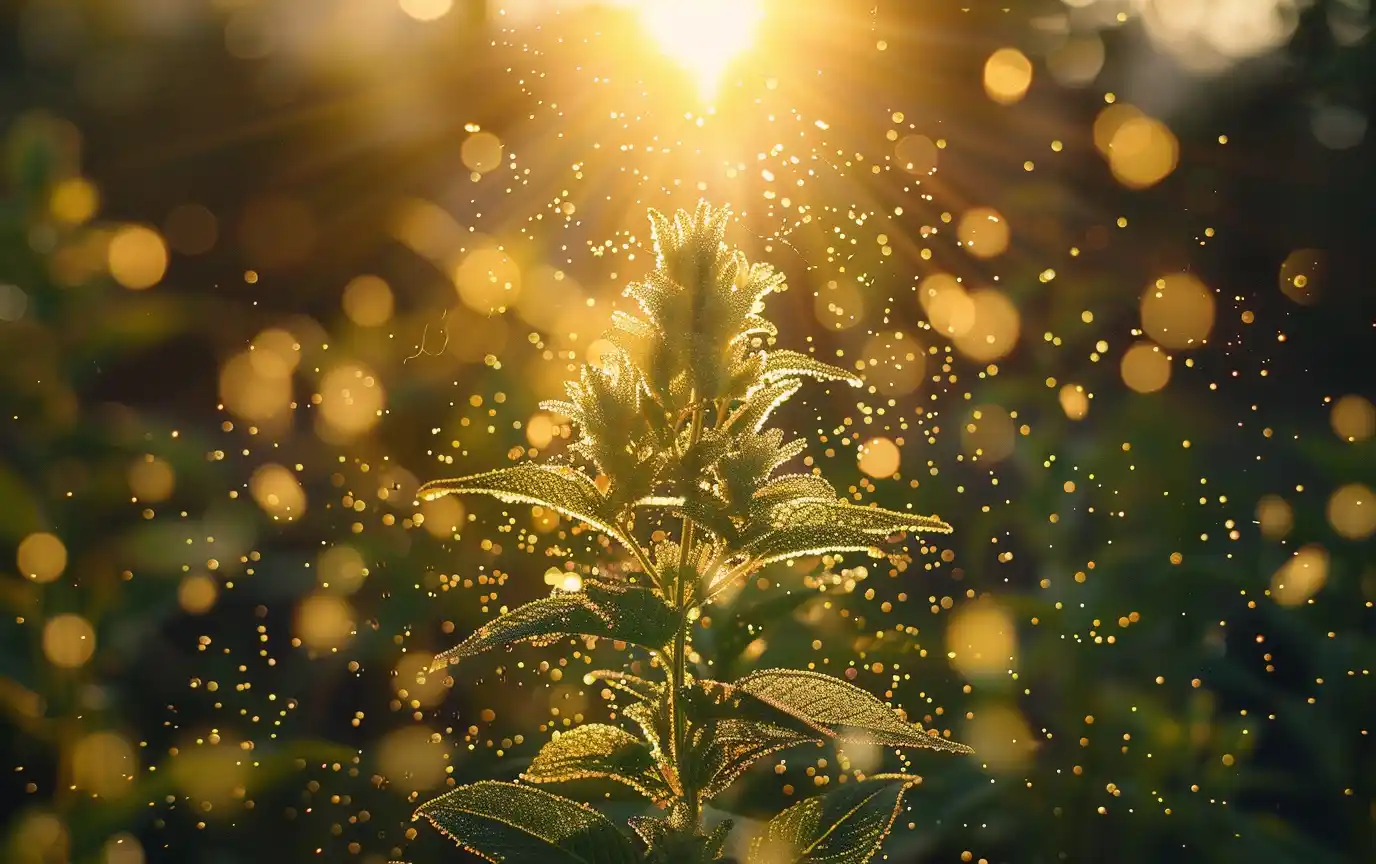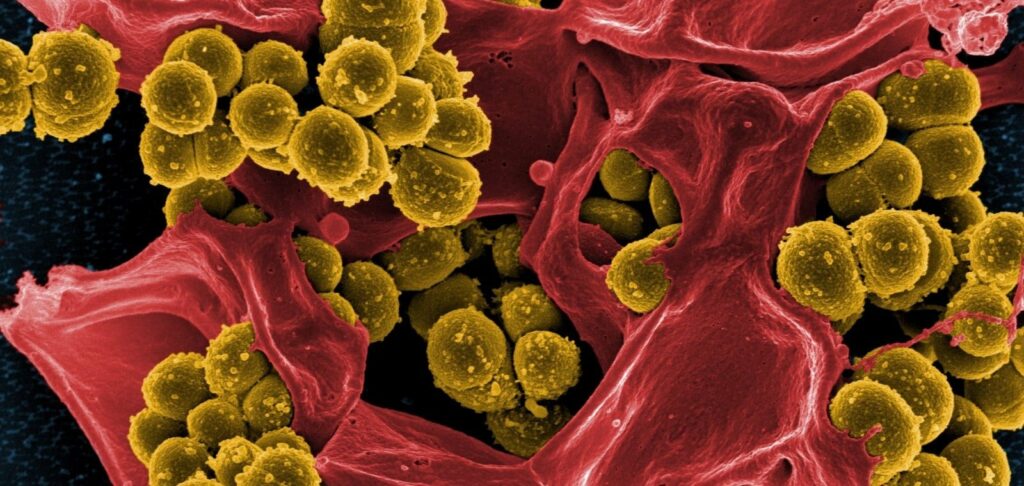

As spring arrives, many people find themselves battling the dreaded symptoms of seasonal allergies – sneezing, itchy eyes, and a runny nose.
If you’re among the estimated 25% of adults who suffer from these allergic reactions, your discomfort may have already begun.
Climate Change Exacerbating Allergy Season
With climate change altering temperatures and plant growth patterns, allergy sufferers may need to be on high alert earlier than ever before. Distinguishing allergy symptoms from those of a common cold can be challenging, but experts point to a few key signs that indicate allergies are the culprit.
Allergy Season Starting Earlier and Lasting Longer
According to a comprehensive analysis of pollen count data from 60 stations across North America between 1990 and 2018, spring allergy seasons are now beginning approximately 20 days earlier than they did in the past.
This shift can have significant health consequences, warns William Anderegg, an author of the study and an associate professor of biology at the University of Utah.
“Other research has shown that a very early onset of spring is associated with a higher prevalence of allergic rhinitis, also known as hay fever,” Anderegg explains.
“When people end up sick or in the hospital from uncontrolled allergy symptoms, it’s often because they didn’t expect it and didn’t have medications on hand.”
The researchers also uncovered a concerning trend – pollen concentrations have risen by about 20 percent nationwide since 1990, with Texas and the Midwest experiencing the most significant increases.

Longer Pollen Seasons Due to Climate Factors
According to Dr. Anderegg, warmer temperatures, higher concentrations of carbon dioxide, and increased precipitation can all contribute to plants growing larger and producing more pollen over extended periods.
This prolonged exposure to allergens can exacerbate symptoms for those with seasonal allergies.
Dr. Gailen Marshall, chair of the allergy and immunology department at the University of Mississippi Medical Center, has witnessed this shift firsthand.
“When I began practicing nearly 40 years ago, allergy seasons were confined to about eight weeks each,” he recalls.
“Tree pollen hit in the spring, grass pollen increased in spring and summer, and ragweed pollen picked up in late summer and early fall.”
However, the situation has changed dramatically.
“Back then, people could at least get some relief between those cycles,” says Dr. Marshall, who is also the president of the American College of Allergy, Asthma and Immunology, a professional organization.
“Now, these seasons end up becoming one long season.“
Distinguishing Allergies from the Common Cold
For many people experiencing nasal congestion or a runny nose, the initial assumption is that they have caught a cold.
However, while allergy and cold symptoms can appear similar, there are distinct signs that point to allergies as the root cause.

Telltale Signs of Allergies
According to Dr. Rita Kachru, chief of clinical allergy and immunology at UCLA Health, allergies often manifest with itchiness in the eyes, nose, throat, mouth, or ears.
This is because the immune system mistakenly identifies a trigger, such as pollen, as a harmful substance.
When repeatedly exposed to this trigger, Dr. Kachru explains, immune cells release chemicals like histamine, leading to itchiness and inflammation.
In addition to congestion and postnasal drip (mucus dripping down the back of the throat), some allergy sufferers may also develop coughing, wheezing, and shortness of breath.
In contrast, viral infections like the common cold are more likely to cause muscle fatigue, joint aches, or fever.
Recognizing Allergy Patterns
If your symptoms flare up every year around the same season and persist for more than a week or two, there’s a good chance they’re being caused by allergies.
Doctors also note that a personal or family history of allergies, eczema, or asthma can be an important clue.
Adult-Onset Allergies: A Growing Phenomenon
While most people develop allergy symptoms in childhood or young adulthood, several experts say it’s not uncommon for seasonal allergies to manifest for the first time in adulthood.

Environmental Factors Causing Allergies
According to Dr. Kachru, moving to a different part of the country and being exposed to new allergens can provoke an allergic response in some individuals.
Additionally, Dr. Neeta Ogden, a New Jersey-based allergist, suggests that new allergy symptoms in adulthood could be “an inevitable consequence of really soaring pollen counts.”
Dr. Mary Johnson, a research scientist at Harvard, adds that the increase in winds associated with climate change could be distributing pollen farther, potentially exposing people to new varieties of it.
Hormonal Influences Causing Allergies
Research has also shown that hormones, including estrogen, progesterone, and testosterone, can affect how allergic diseases develop.
Dr. Kachru notes that boys often experience food allergies or eczema as babies, followed by seasonal allergies or asthma in childhood. However, these conditions may disappear when they hit puberty, only to return in their 30s and 40s.
For some women, major hormonal shifts, such as those that occur during puberty, pregnancy, menopause, and while on birth control, can influence the onset and severity of allergy symptoms, according to Dr. Kachru.
Effective Strategies for Managing Allergy Symptoms
While avoiding allergen exposure is ideal, it’s not always possible. Fortunately, there are several effective strategies to help manage allergy symptoms and find relief.
Minimizing Indoor Allergen Exposure
The first line of defense is to reduce exposure to outdoor allergens that can make their way indoors.
“The key is to prevent the outdoor allergens from becoming indoor allergens,” advises Dr. William Reisacher, a professor of otolaryngology who treats allergies at Weill Cornell Medicine and New York-Presbyterian.
To achieve this, experts recommend keeping windows shut during peak pollen seasons to prevent pollen from blowing into your home. Additionally, it’s crucial to remove clothing worn outside and store it away from the bedroom.
Regular cleaning indoors, replacement of carpets with tile or wood flooring also helps. Dust and dust mites are sources of allergens. Products such as Allerweg can help remove dust mites from bed coverings and other textiles.
A thorough shower can help rinse pollen off the skin, while a saline nasal rinse (Humer) can flush pollen out of the nasal passages. (If making your own saline solution, be sure to use boiled, sterile, or distilled water.)

Over-the-Counter Medication Options
Over-the-counter medications fall into two main categories: antihistamines and steroids, both of which act on the immune system’s inflammatory response.
Antihistamines are available as nasal sprays, eye drops, and oral pills, including popular options like loratadine (Claritin), cetirizine (Zyrtec), levocetirizine (Xyzal), and fexofenadine (Allegra).
Steroid nasal sprays, such as fluticasone (Flonase), budesonide (Benacort), triamcinolone (Nasacort), and mometasone ( Flix ), are another effective option.
For first-time allergy sufferers unsure of the severity or duration of their symptoms, Dr. Kachru recommends trying an antihistamine to see if it provides relief.
However, if symptoms persist or you typically experience severe allergy symptoms every spring, doctors recommend starting nasal steroid sprays a week or two before the allergy season begins for optimal effectiveness.
Unlike antihistamines, which should be used only as needed, these steroids work best when taken consistently.
Long-Term Solutions for Allergies
If avoiding environmental triggers and taking medication fail to provide relief, allergy shots or tablets that build tolerance to allergens may be a viable option.
As Dr. Reisacher notes, “It’s the only option available that actually makes the body less allergic.”
By implementing these strategies and working closely with healthcare professionals, allergy sufferers can effectively manage their symptoms and find much-needed relief during peak allergy seasons.




